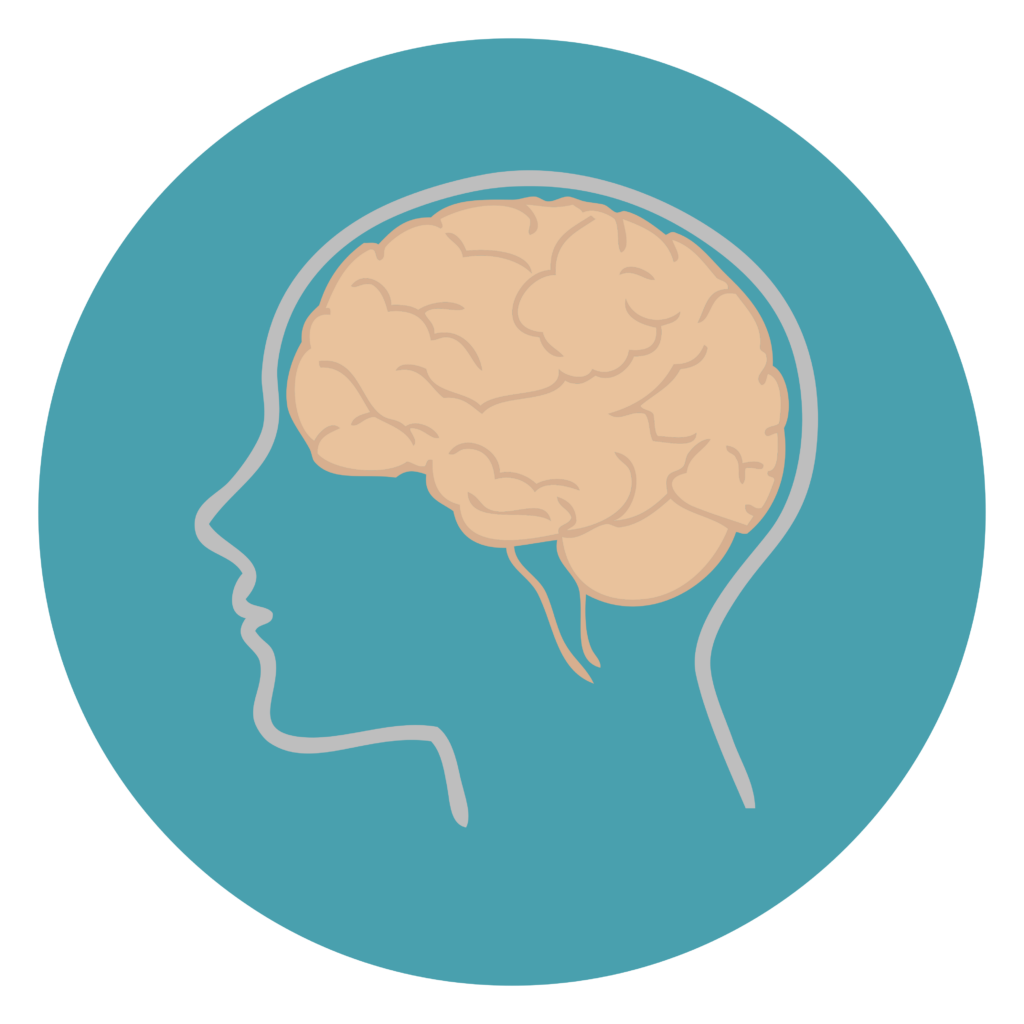Photo by Lauren Mancke on Unsplash

Hello. My name is Kynan Shurniak, and I am a second year Software Engineering Student at University of Victoria. My educational path has been shaped by my interest in creating products and problem-solving, specifically when computers are utilized to complete these tasks. Respectively, Software Engineering was a logical step to pursue in my educational journey. One experience that shaped this journey involved learning the Java programming language for the first time. Java was the first programming language that I learned to an advanced level. I find the idea of writing text that can run a computer program to be fascinating. This comprehension keeps me interested in gaining a greater understanding of the topic. Furthermore, programming has continuously felt spontaneous, which strengthens my motivation for mastering it.
Understanding of Learning
A time when I learned something effectively occurred while learning about complex numbers and their role in mathematics. During this time, I was able to identify connections with how they are employed within computer systems. I found this learning experience effective because I was able to observe how newly studied concepts operate in the real world. I find learning most successful when information can be applied virtually, in other words, understand how it serves a purpose in the world.
Learning Theories

Regarding learning theories such as behaviourism, cognitivism, and constructivism, I find constructivism aligns best with my learning style. I learn best through active learning, predominantly by building projects while figuring out new principles along the way. Constructivism emphasizes active learning and building upon prior knowledge through experiences. This approach might pose as one reason why I prefer project-based courses where you are able to learn through your own personal experience and not something that is preset.
Learning Motivation
The ARCS model explains motivation in learning with four components:
- “Attention”
- “Relevance”
- “Confidence”
- “Satisfaction”
For me, satisfaction is the key component for keeping me engaged in learning. When I learn something new and apply it to a problem successfully, the sense of accomplishment I feel when I can provide a solution amplifies my motivation to continue learning about something new on the same topic. An example of this experience was during the development of a website for an engineering design course. While creating the webpage for a project, I managed to create a system that plotted data points on a graph in real-time on the webpage. This breakthrough allowed me to establish the bigger picture of the project, which provided greater motivation to complete it.
Adult Learning
As an adult learner, I have noticed my prior knowledge often guides me to what topics I should focus on further, by comparing new learning experiences with past experiences. For example, when learning a new programming language, I can compare it with other languages that I have previously learned. This technique allows me to identify what remains similar and what stands new to my knowledge, making the learning experience much easier than before.
In essence, learning for me is about experimenting, building, and applying knowledge. This mindset keeps me motivated for the future of Software Engineering.

This is great. So down-to-earth and practical. I am about as far away from mathmatics as humanly possible though I totally agree with your interpretation of the learning theories. I learn new things best by putting them into practice. With repetition of the practice I find the knowledge becomes imbedded in my brain, even if it gets put away in file folders, when necessary it is almost always possible to recall and revive the knowledge into a usable format. The way you talk about analysing a new task or subject based on prior aquisition of skills feels relatable accross diciplines. I think that is often where problems happen. A learner approaches a new task with old tools and gets frustrated or they forget to use previously aquired skills and then add onto them. Your reflection on this aspect here is delivered in such a clear and concise manner I believe all who read it can benefit from your perspective and experiences. Looking forward to working with you in our pod group!